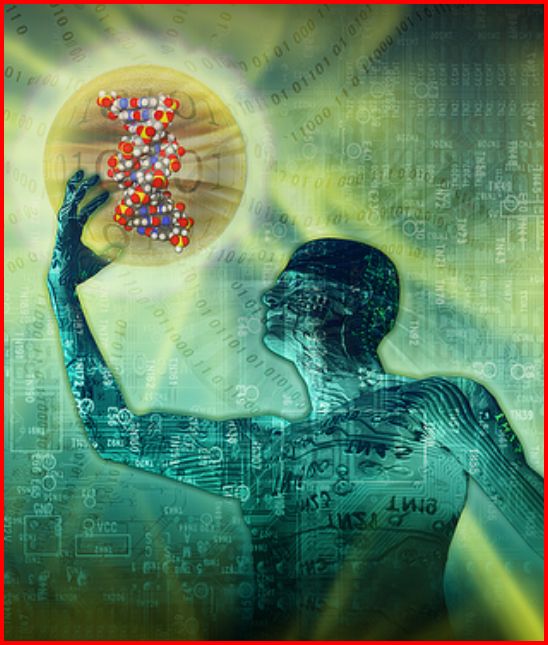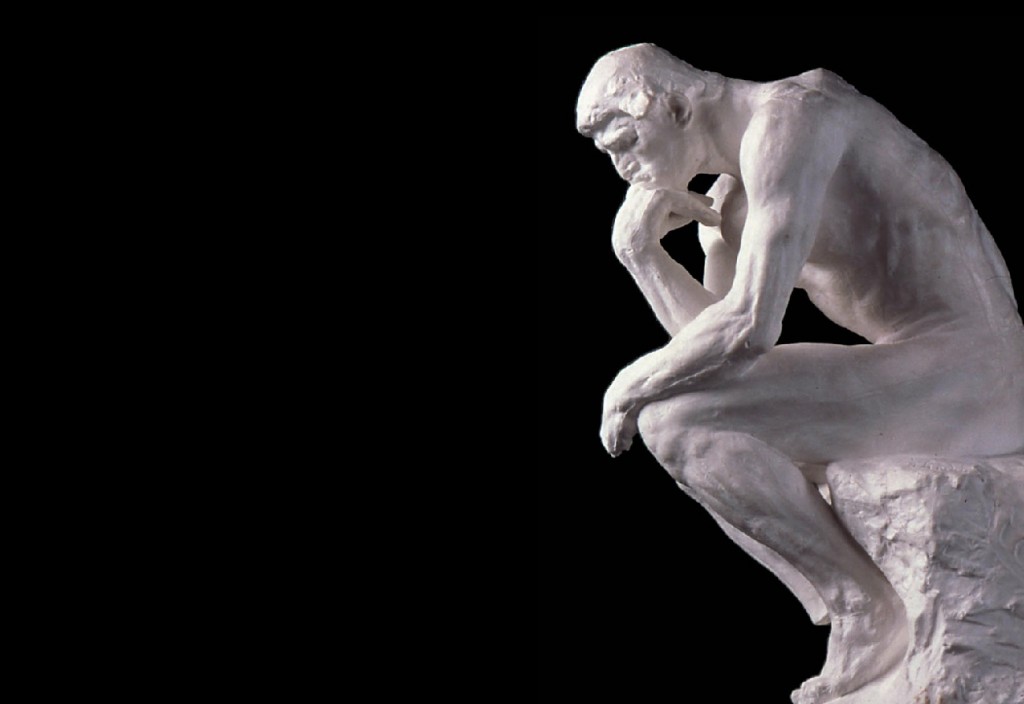A friend from philosophy grad school days tells me about how he was contacted recently by a scam-publishing outfit, offering to publish a book they proposed. All he had to do is expand an essay he had published, or compile some of his work over the years.
 He spent a good amount of time working hard on the idea, assembling and re-working essays he’d written, combining them into a cohesive whole. Until the fake publisher suggested a compilation, he had not thought of bringing together his essays into a book, so he was quite pleased with the book offer.
He spent a good amount of time working hard on the idea, assembling and re-working essays he’d written, combining them into a cohesive whole. Until the fake publisher suggested a compilation, he had not thought of bringing together his essays into a book, so he was quite pleased with the book offer.
As he completed his compilation, his partner did some research into the publisher. She found that it was a scam directed at recent Ph.D.’s and long term, non-academic post-docs who continued to publish. They offered to print and publish a book, without charge, in exchange for most of the profits should the book succeed.
While the risk to the publishing company was low (it doesn’t cost much to print a book these days), a high percentage of any revenue also went to them. Disabused of the scam, my friend dropped the flimflam artists, and contacted a reputable publisher with book in hand.
As philosophers, we were both interested in how the end result transpired. If the con artists hadn’t contacted him, he wouldn’t have thought to compile his work into a book, and wouldn’t have had the incentive to do so.
This raises a larger philosophical question: Is the darkness in human consciousness being used by intelligence beyond human consciousness to advance human consciousness?
I’m skeptical of silver linings, much less cosmic intelligence caring about the fate of humanity. But the fact is many advances in human knowledge and technology have come out of false and destructive impulses and circumstances.
War provides many examples. From the carnage of World War I, advances in medicine, such as blood banks, plastic surgery and ultrasound; in travel, such as multi-engine aircraft which led to airliners; and in communications, such as miniaturization for mass radio, emerged.
A specific and even more telling example of good coming from bad following World War I “war to end all wars” (how quaint that expression now sounds) pertained to the manufacture of explosives. Saltpeter, imported as calcite mined in Chile’s Atacama Desert, was essential to making explosives before 1913.
Britain’s much more powerful navy controlled the high seas. But Germany, literally under the gun, discovered a way to bypass the need for saltpeter by synthesizing ammonia. After the war the “Haber-Bosch” process provided the key ingredient of ammonia in nitrite fertilizers, which now feed a third of the world’s population.
Haber, who was also the man behind the military use of chlorine gas, won a Nobel Prize for his work. But then, Alfred Nobel was the inventor of dynamite.
Is this same process (not Haber-Bosch) going on with human consciousness generally? It’s hard to see it, harder to believe it, but we may have a real-time example in Donald Trump, an incompetent, unprincipled narcissist with his twitchy little fingers on the nuclear codes.
Before he was elected, most of the progressive community believed, well, in human progress. Despite Barack Obama’s glib pronouncement of how “We zig and zag and sometimes we move in ways that some people think is forward and others think is moving back,” the entire idea of civilizational progress is now rightly in doubt. (Trump isn’t just a zig or a zag; he has the worldview of a zog.)
The silver lining people are still queuing, and marching. But the question of whether the darkness in human consciousness is being used by intelligence beyond human consciousness to advance human consciousness has become urgently necessary to find out. The human prospect itself is at issue, since the space for true things coming from false things (global citizenship from the perpetual global war on terror is perhaps a more recent example) is running out.
Western philosophy has rendered itself useless in uncovering and discovering the truth of the matter, having poured the foundation for the “post-truth era” in the deconstructionist fads of Foucault and Derrida.
Pronouncing the truth about truth, professional philosophers almost unanimously say, “Truth is not found, but made, and making truth means exercising power. They proudly proclaim, “For decades, critical social scientists and humanists have chipped away at the idea of truth.”
It’s become axiomatic (another word for dogmatic) to assert, “we need not ask whether a statement is true or false, but how and why it was made and what effects it produces when people feel it to be true.”
That’s circular gobbledygook. The capacity to directly perceive what true as true and false as false is our birthright as human beings, and awakening it has become essential to moving forward as individuals and a species.
Cosmic intelligence can no longer do for us what we refuse (or intellectually refute) to do within ourselves—directly perceive the true as true, the false as false, and the true in the false.
When we make the darkness within and around us a source of insight and non-accumulative learning, we not only bring light to our own consciousness; we directly contribute to advancing human consciousness.
(https://www.nytimes.com/2017/04/17/opinion/has-trump-stolen-philosophys-critical-tools.html)
Martin LeFevre

